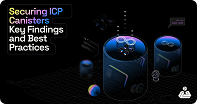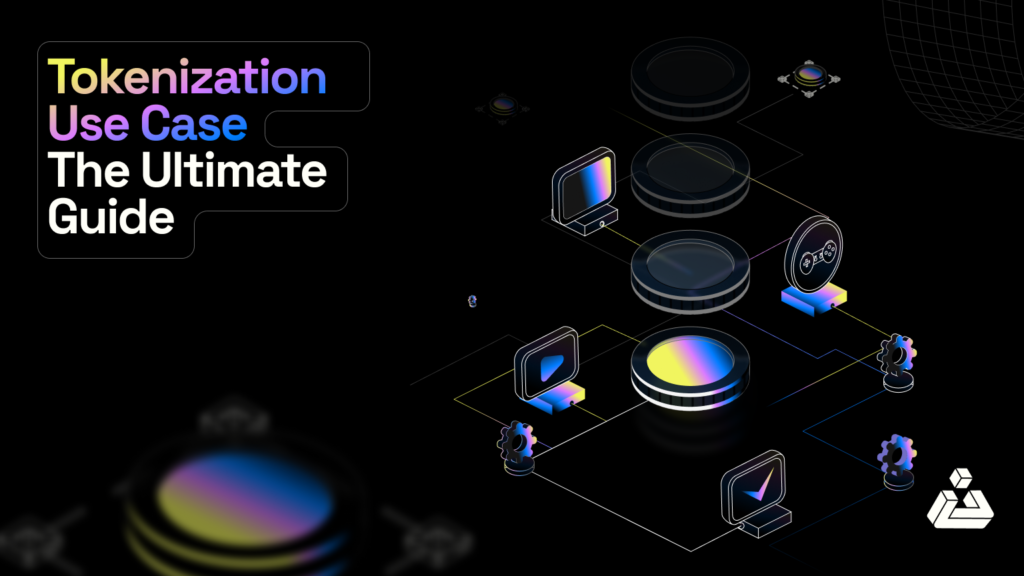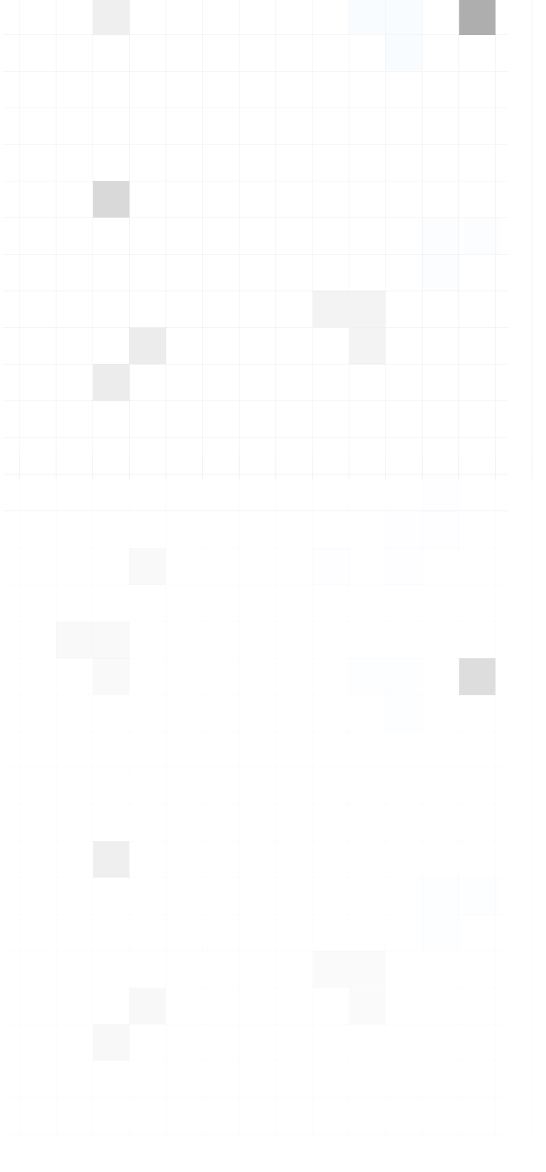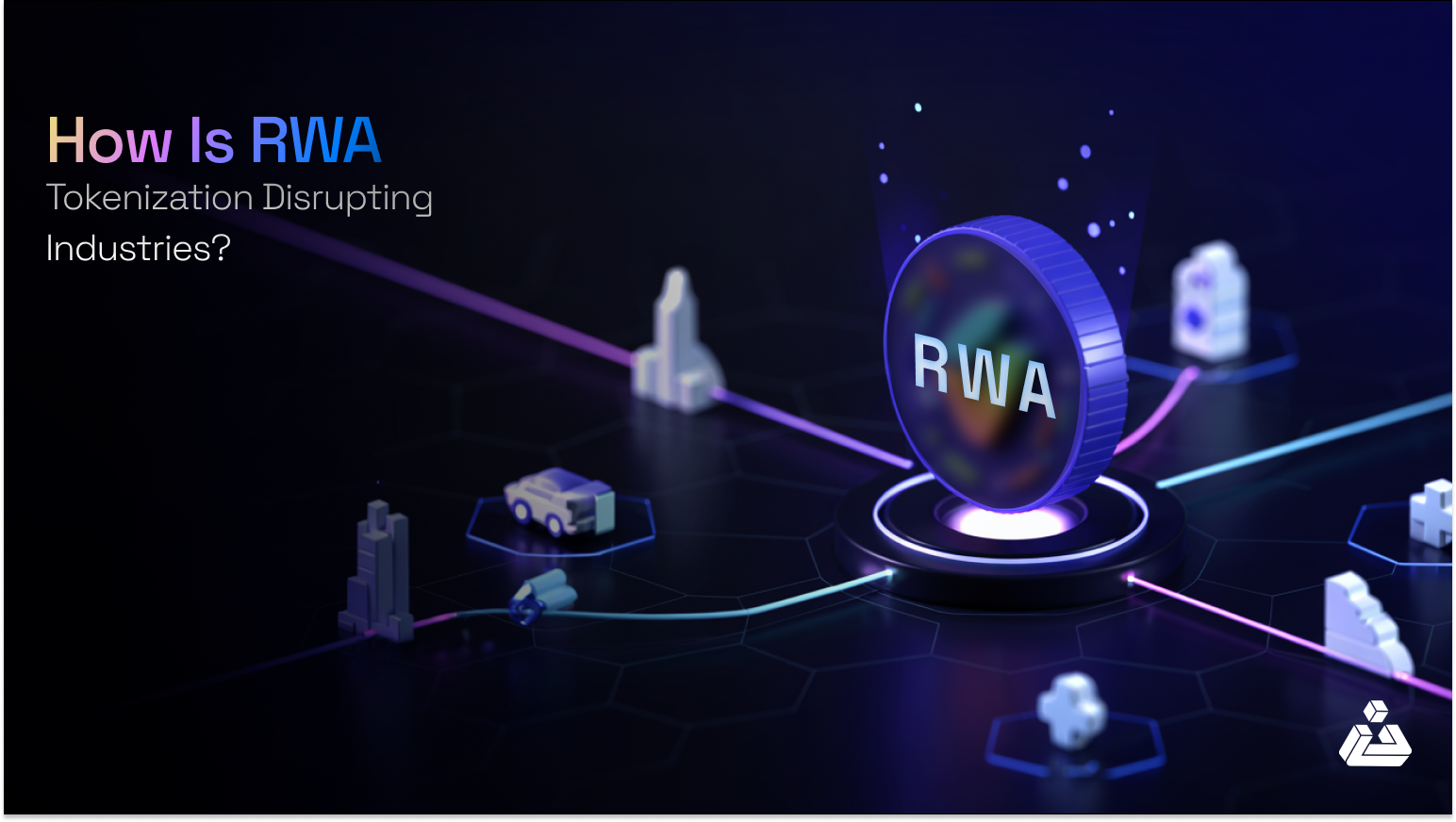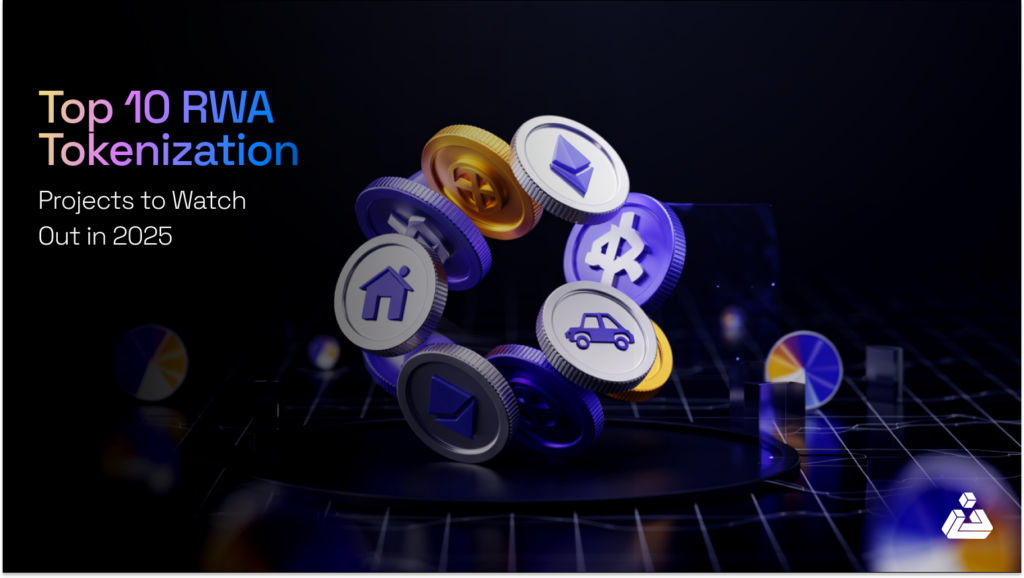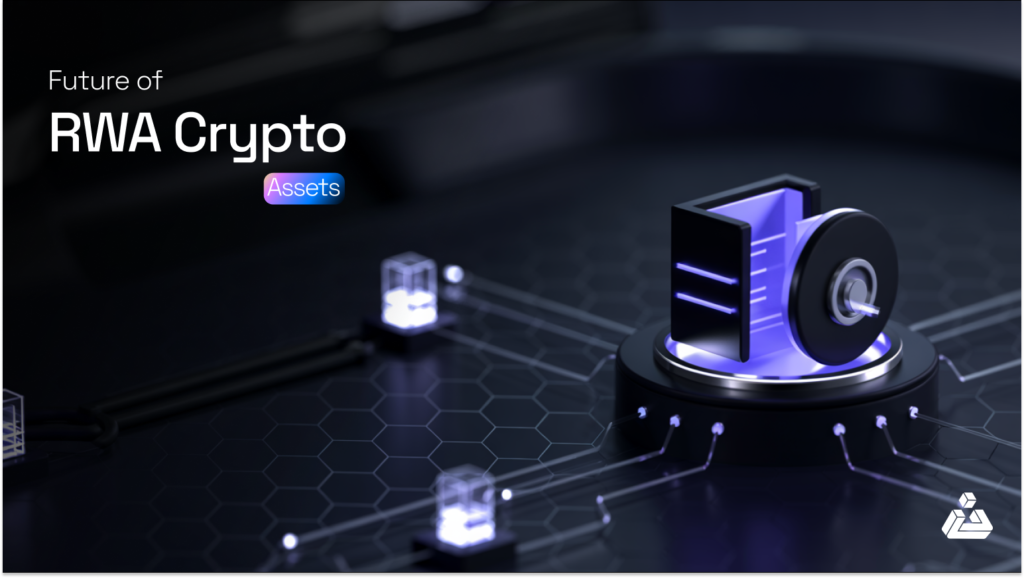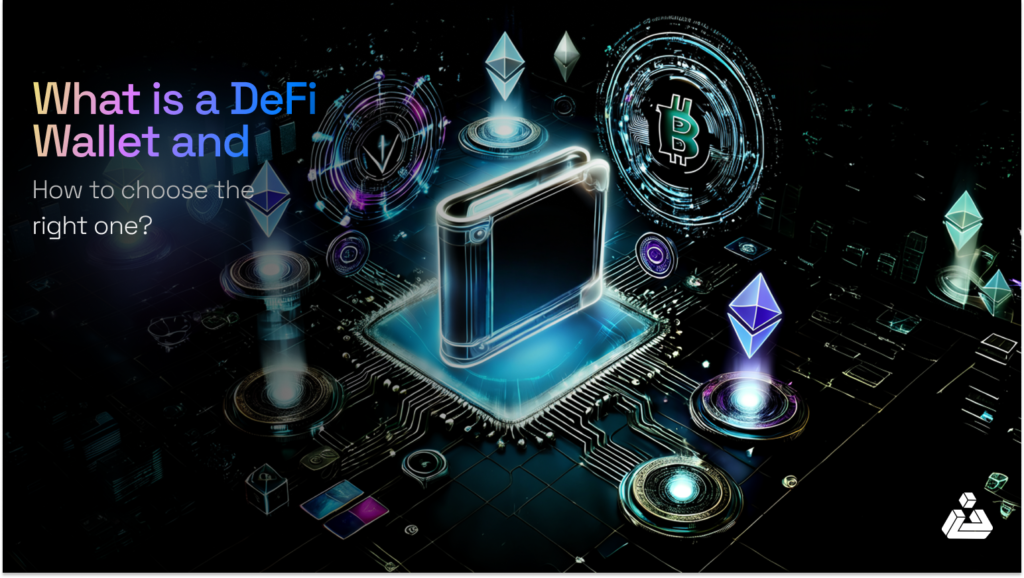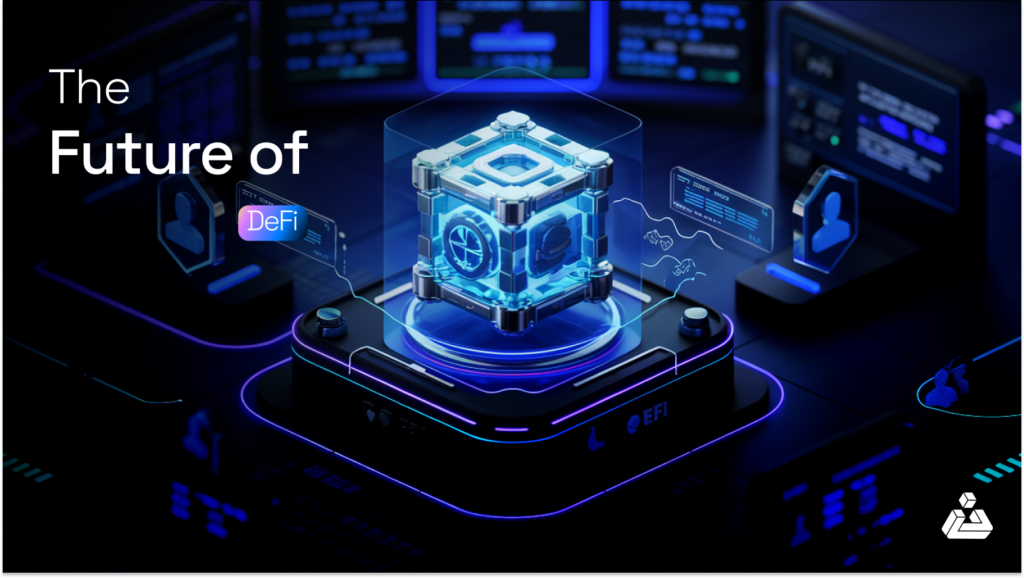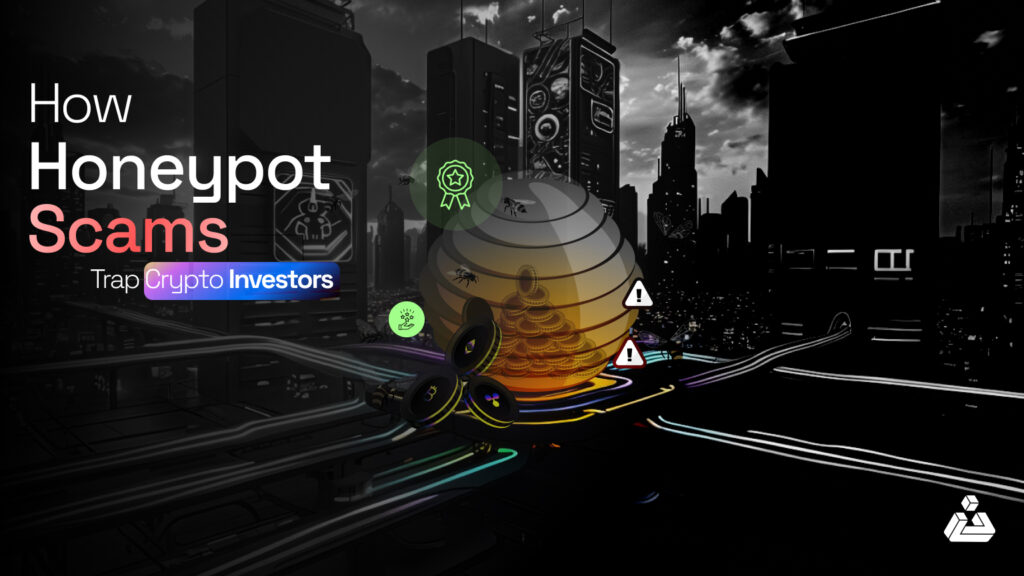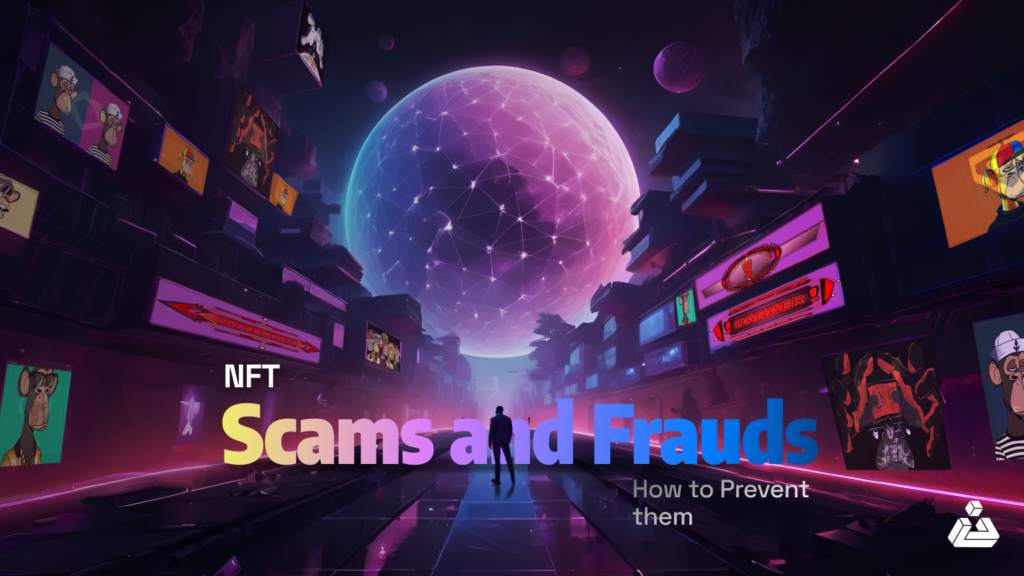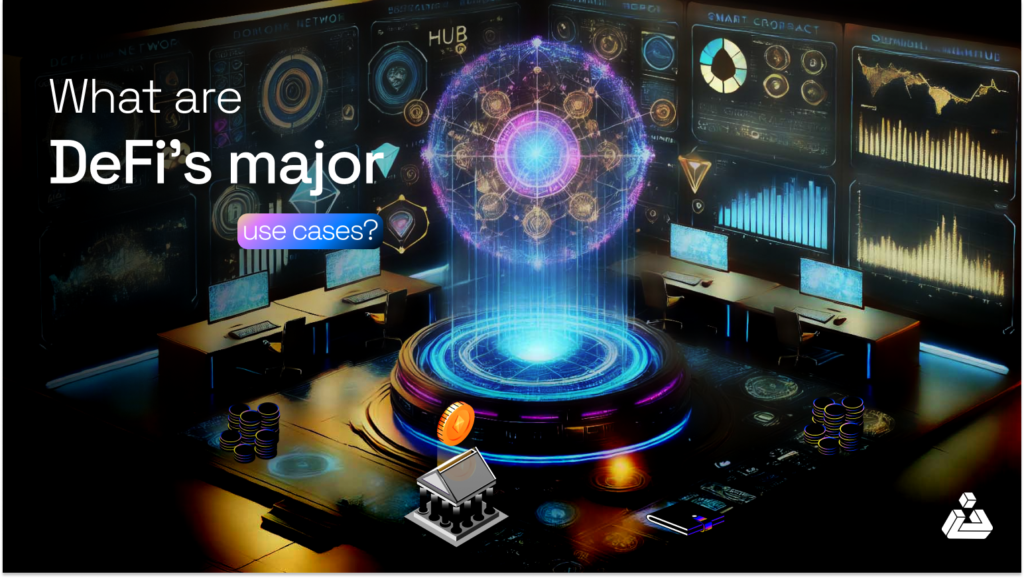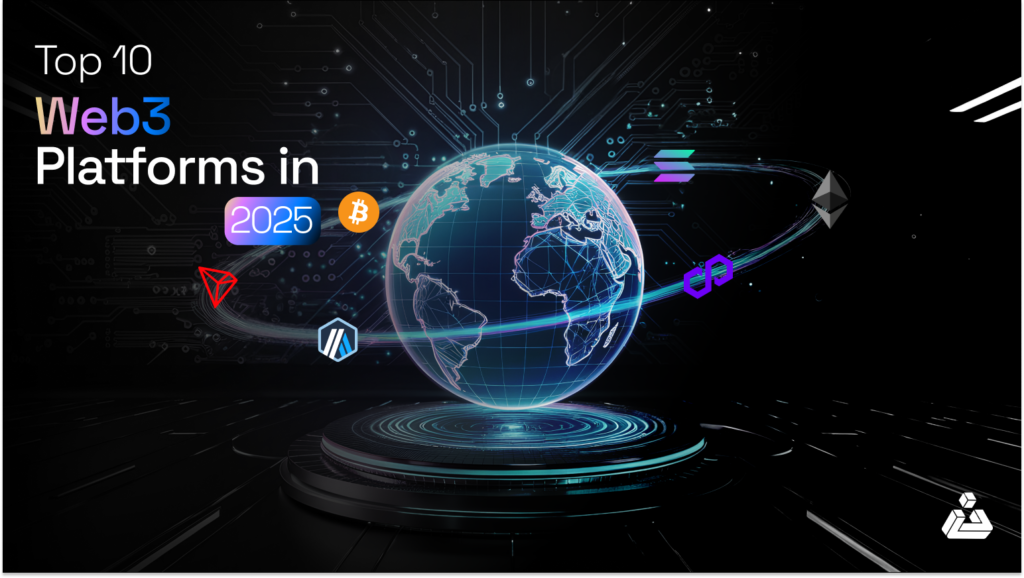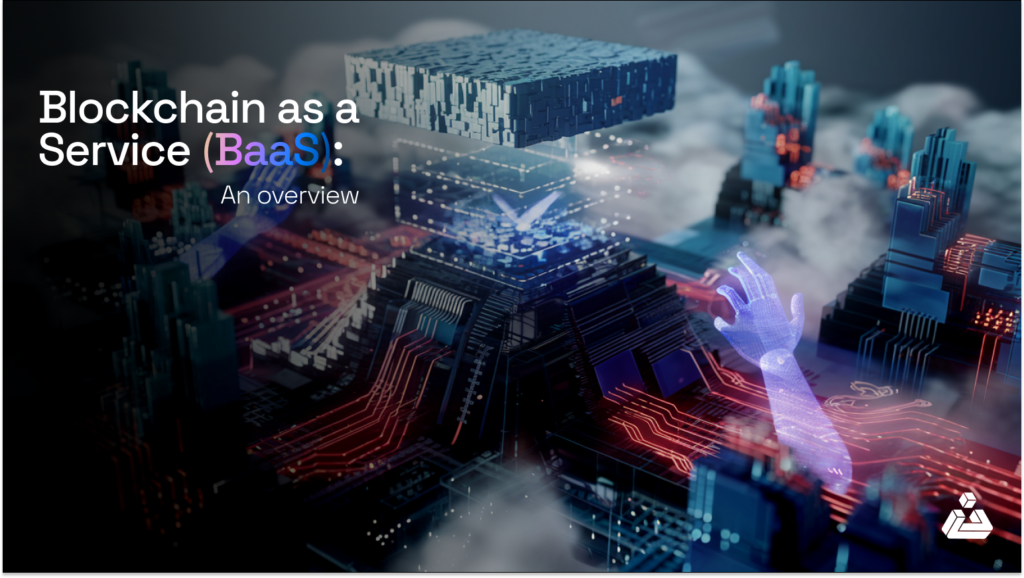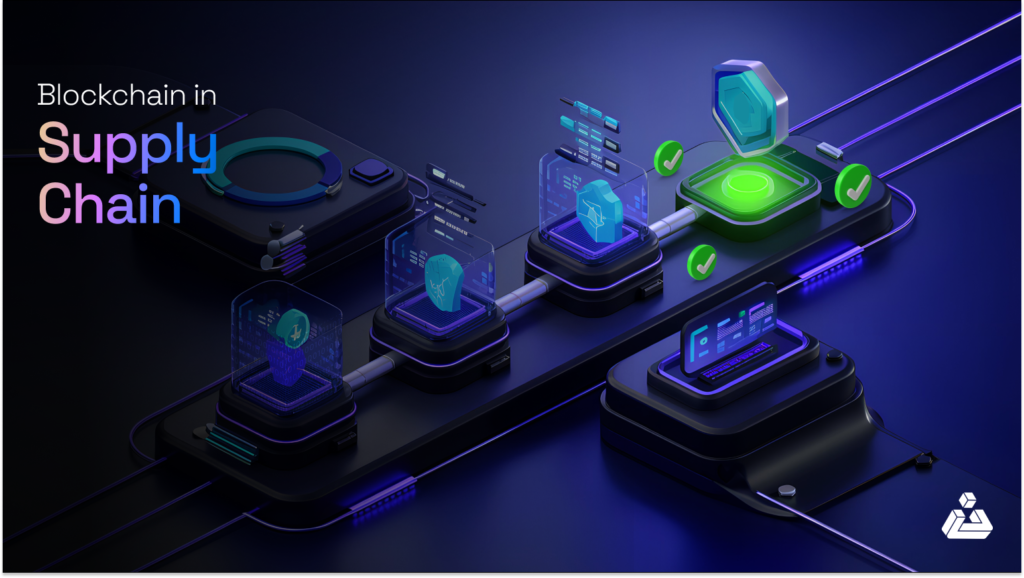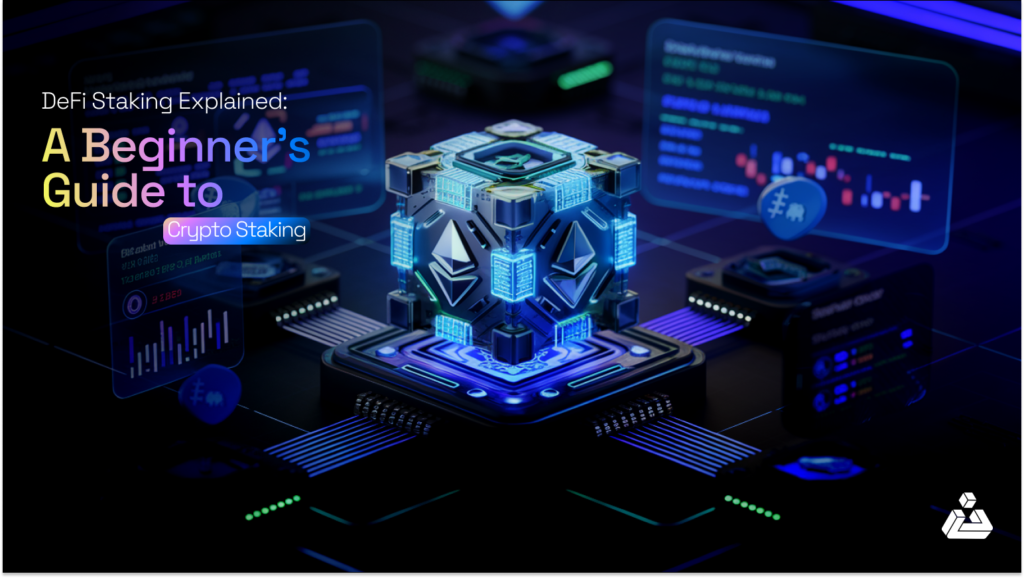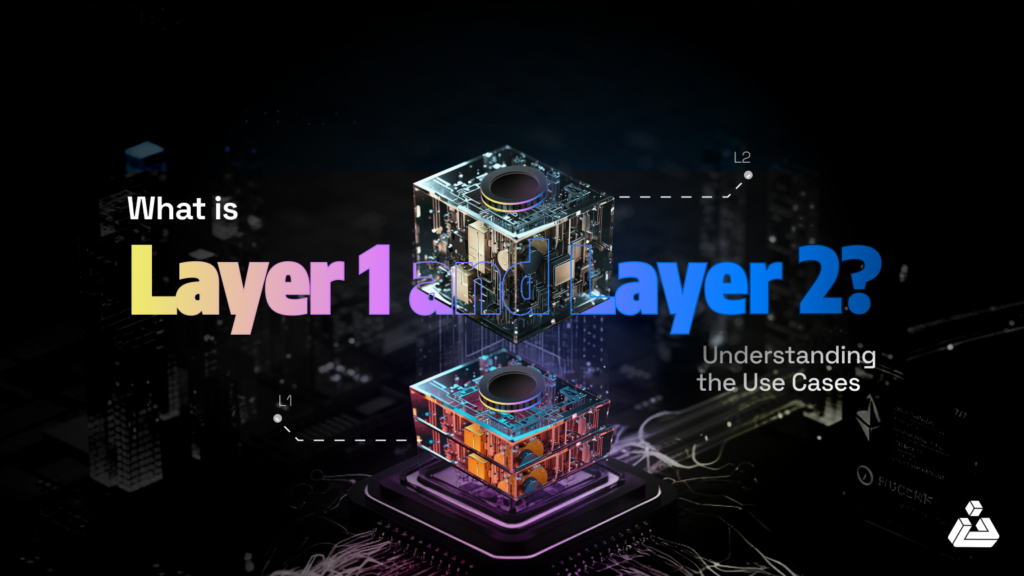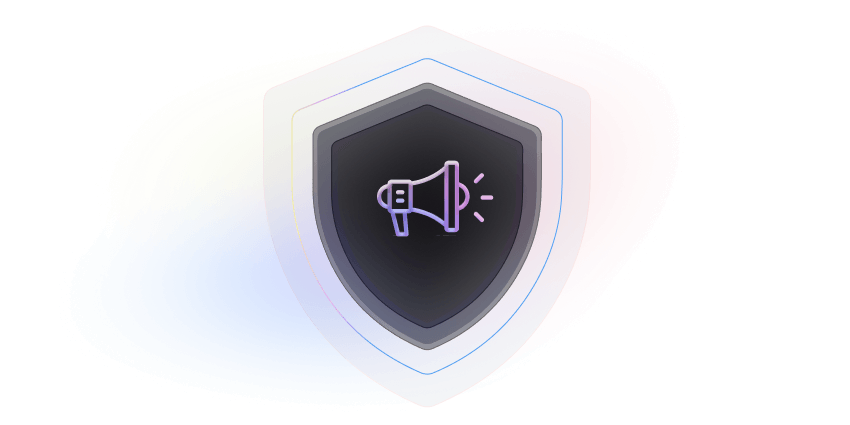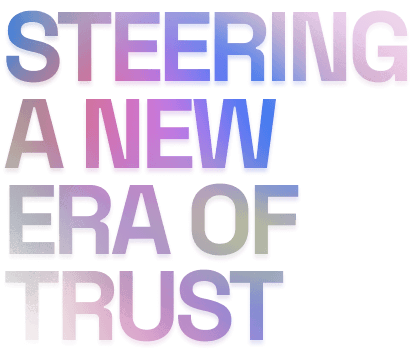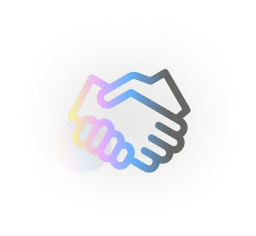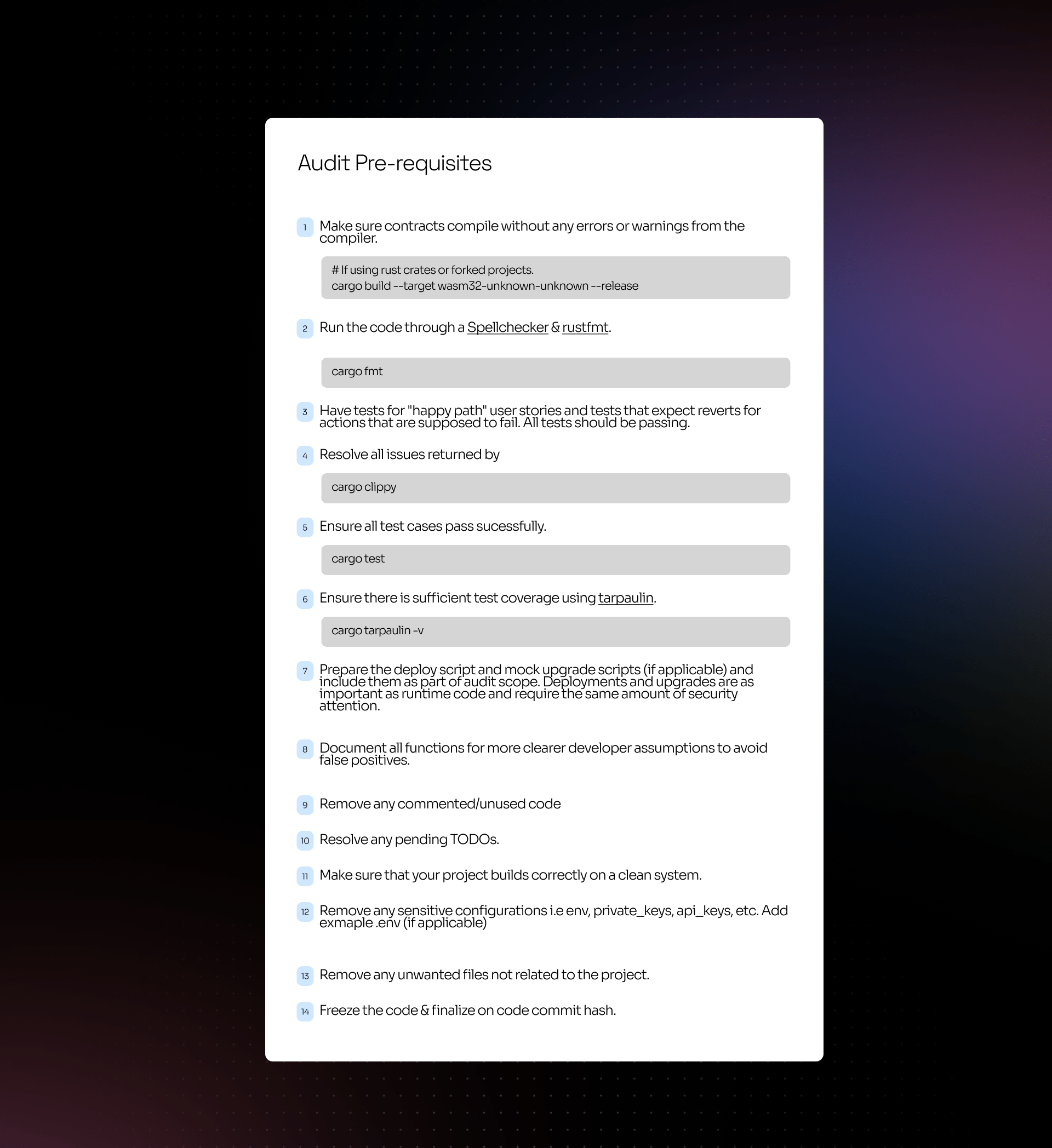Tokenization has no doubt been proven an ultimate quantum leap in the financial world. It brings the best of benefits from the blockchain ecosystem to the traditional asset system. With the help of tokenization, we can convert our real-world assets into digital form and hence we can manage, trade, and transfer them seamlessly anywhere around the world.
From transparency to democratizing investments, and streamlining complex processes, soon in the near future, we will witness the magic of tokenization everywhere. In this article, we are going to experience some of the most beneficial use cases of tokenization in the real world.
What is Tokenization?
In simple words, a token is a piece of data that represents another more valuable piece of information. They, at their own virtue, do not hold any value. However, they are useful because they represent something more valuable in the physical world, such as gold, property, or stocks.
A good and common example of tokenization would be a Poker game. Instead of putting the betting money on the table, the players use the represented coins to play the game. These coins are not real money but they represent real money.

As a process, Tokenization removes the valuable data from the open system and replaces it with virtual tokens. The purpose of tokenization is to protect sensitive data while preserving the business’s application utility. By doing so we make it less prone to data breaches. Besides this for big institutions, transferring funds and securities among locations can take time. With tokenization, we can offer a faster transfer of value with high transparency.
Tokenization Use Cases
Capital Markets
Tokenization has not just invented the new utilities but it has also revolutionized the dull financial investment plans such as T-bills and stocks. Treasury Bills (T-Bills) are short-term debt securities issued by the U.S. government to borrow money from inventors for a short period. With tokenization, we can digitalize the traditional T-bills into digital tokens that can be minted on the blockchain. Any financial entity could purchase traditional T-bills in correspondence to the digital T-bills. These digital T-bills then can be traded, transferred, and held like cryptocurrencies, combining the benefits of Decentralized Finance (DeFi) with the stability of Treasury Bills.
Similar to T-bills, the stocks of the companies can also be digitized into tokens. A tokenized stock is a digital representation of a share of ownership in a publicly traded company. The only difference is, that instead of a certificate of ownership, these stocks exist as a token on blockchain. The tokenized stocks have various advantages over the traditional ones, out of which is 24/7 hour trading. Since traditional stock markets operate within specific trading hours, the tokenized stocks can be traded 24/7, offering more flexibility for investors.
Tokenization in Supply Chain
Tokenization provides real-time tracking of products throughout the supply chain. It can enhance transparency and accountability. By leveraging tokenization a seamless tracking environment could be found which ensures verification of goods, improving efficiency and trust among all parties involved. It offers a robust solution for safeguarding critical supply chain data while optimizing operations.
UPS is one of the biggest examples that aims to streamline and secure the supply chain process for B2B transactions. The platform leverages Blockchain and tokenization for supply chain management to provide end-to-end visibility and traceability of products.
Tokenization in Artworks
Another popular use case of tokenization is digital artwork. The era of digital art is ever-expanding, be it NFTs or gaming items, digital art knows no limit. Therefore, we see tokenization playing a key role in its growth. The art creators can assign any digital value to their created tokens and sell the arts in turn of those assigned value tokens. If the value of the tokens redeemed does not match a certain threshold, then the token holder can have ownership of a fraction of the art print according to its assessed value.
For example, TheArtToken (TAT) is a company that offers tokens that represent part ownership of Contemporary and Post War Art. However, the original art is stored by the Swiss government and on redeeming the tokens, the art can be transferred.
Tokenization in Data Monetization and Privacy Control
This world is surrounded by digital creators posting their valuable data online every second. With tokenization, we can empower the data creators. Tokenization at its core could help individuals gain control over their personal data, deciding who can access and use it. They can also decide to monetize their data by selling access to interested parties. It can also ensure privacy through leveraging cryptography and ZK, allowing selective sharing of data.
Tokenization in Loyalty Programs
The tokenization of loyalty programs is a new idea that is gearing itself to bring a new level of transparency and security to loyalty programs. The idea is to convert the loyalty points into tokens and manage them on-chain. This method helps to build a secure and transparent record of each customer’s loyalty points balance. By implementing tokenization as a loyalty program, we can not only prevent fraud but also makes it easier for customers to manage and redeem their loyalty points, bringing a high level of convenience to users’ end.
Tokenization of Physical Commodities
In the past few years, the market of physical commodities has shifted a lot from paper to electronic systems, however, the overhead of these systems is still huge. The concept of tokenization is revolutionizing the industry. Gold trading is one example. Suppose, we have gold in our possession. We can secure the gold in a safe place and perform trading with its symbolized tokens. Whenever a transfer of those tokens happens, we can perform the transfer of gold from that safe place to the buyer.
JP Morgan, the American bank and financial services giant, has announced that they will be presenting gold bars as a tokenized asset on Quorum, their blockchain network.
Real Estate Tokenization
Tokenization is breaking down the high entry barrier in real estate investments while assuring streamlined transactions. It involves converting ownership rights into digital tokens on a blockchain network. This allows digital ownership and easy transfer of ownership. The application of tokenization in real estate allows for easier trading on global markets, high transparency, low cost, and high participation from investors. Tokenization also ensures that the customer’s private data remains secure throughout the process. Stellar is one company that lets you tokenize the world’s physical assets.
Tokenization in Cargo
In general, the logistics industry relies on the complex method of issuing proof of ownership(i.e. bill of lading) which in return authenticates the product. Using this method causes a great deal of delay in delivery, and reclamation of products, in case the bill is lost.
CargoX is a company that has built a unique solution of tokenization to avoid the issues that are caused by the traditional method of the Bill of Lading (B/L). Once the goods importer transfers money to the exporter, the exporter transfers the ownership of the Smart B/L token to the importer. At the receiving end, the importer can claim ownership of the goods by presenting the Smart B/L token to the carrier.
Benefits of Tokenization
- Enable new payments-related use cases in the physical world
- Real-time settlement on-chain
- Overhead cost reduction
- No counterparty risk from the settlement
- Independence over intermediaries like CSDs
Tokenization is the Future
In conclusion, tokenization has the potential to revolutionize our interaction with the physical world, offering a vast range of applications that seamlessly integrate into daily life. This technology not only enables innovative asset digitization but also opens new revenue streams, giving users greater control and flexibility over their assets. However, as promising as tokenization is, it remains in its early stages, with a knowledge gap that challenges widespread adoption. Bridging this gap through education, research, and real-world applications will be essential to unlocking its full potential.
Ready to explore tokenization for your organization? At BlockApex, we offer comprehensive services to support every step of your journey—from token design to token launch, and beyond. Contact us to discuss how tokenization could help you reach your goals and transform your assets into digital opportunities.


